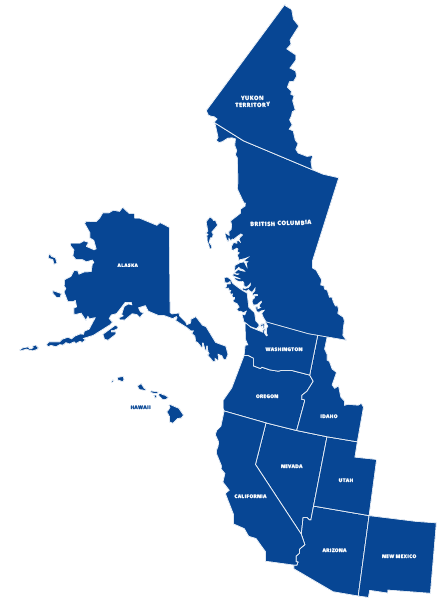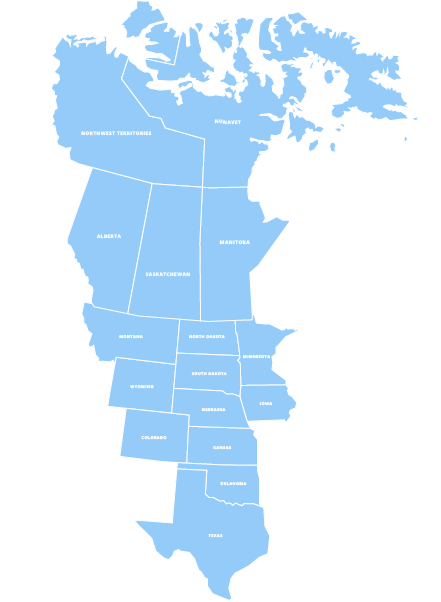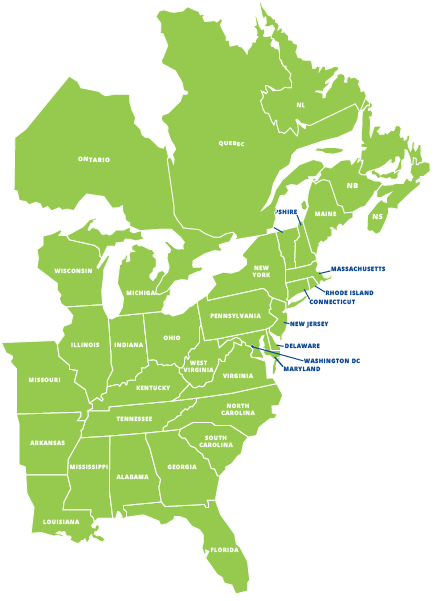So, you’re getting a four-legged addition to your family and aren’t sure what to do. First, it’s OK to feel overwhelmed if you are a new dog owner (or even if it’s been a while since your last pooch was a pup). Second, you still need to make sure you get things in order so that you and your new companion can have a smooth, enjoyable transition.
Gather the main supplies
When getting a new puppy, the first thing to do is to make sure you have all of the basic, essential items needed to own a dog. When doing your first supply run, make sure you grab these items.
- Food and water bowls
- Collar and leash
- Toys and treats
- Home cleaning products
- Grass potty pad
- Hygiene products
- Puppy food
Try purchasing the same food the puppy has already been eating to avoid upset tummies. You can then talk to your vet about alternatives and how to make the slow transition to a different diet.
Visit the vet
Even if your new dog or puppy has received its first round of shots or other medical treatments, you’ll still want to make an appointment with a vet. At the general exam, your vet will make sure all is well with your new friend as well as provide you with valuable information on how to care for your pet.
Depending on the health, age, and medical history of your new dog, you may or may not need all of the following (but you should ask anyway):
- Receive primary vaccine shots
- Mark important dates for vaccine boosters
- Discuss spay or neutering
- Treat for fleas, ticks, and worms
- Gather breed-specific health information
- Have a microchip implanted (and don’t forget to register it!)
If your new dog also has a habit of making a mess, you may also want to take it for a trip to the dog grooming tubs at your local groomers.
Kennel Training
Kennels are an essential part of puppy training and can make the transition much easier, safer, and more comfortable for both you and your puppy. To make the experience positive and successful, there are a few things you should do before purchasing a crate:
- Educate yourself on the purpose of crate training and how the crate should be used
(Hint: It should be seen as a safe place and never be used for punishment) - Make sure you purchase the right sized kennel for your dog (if it’s a big breed, you can use spacers to adjust the cage size as your dog grows)
- Choose commercial dog kennels made of sturdy material that will hold up to wear and tear and are super easy to clean
Puppy-proof your home and adjust your schedule
Puppies are curious creatures, which can make for some hilarious moments and some, well, not so funny ones. To prevent any mishaps, take the time to rearrange your house and remove anything you don’t want your new dog to get into.
You should also adjust your schedule or arrange for a pet-sitter to make sure they aren’t left alone for too long, especially during the first few weeks.
- Plan to spend additional time at home while your puppy adjusts
- Create an eating and bathroom routine for your dog
- Block off rooms you don’t want your new puppy getting into
- Remove any dangerous or toxic items from the puppy’s reach
- Secure cupboards, trash bins, and other curious corners
- Tuck away wires, pick up shoes, and keep other “chewables” out of reach
- Think about daycare or puppy sitters if you work full time
if you work full time, consider alternatives like doggie daycare or puppy sitters.
By following these recommendations, you’ll be sure to get the most out of your relationship with your new furry friend!




